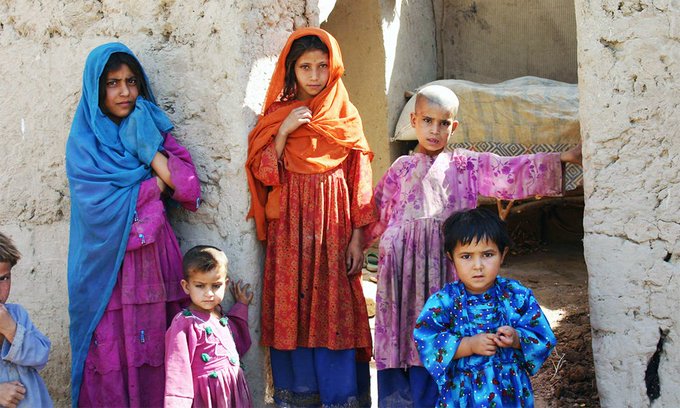The International Rescue Committee (IRC) has warned that cuts to humanitarian aid for Afghanistan have contributed towards a 60% increase in the number of people in need of assistance, alongside economic challenges, climate change, and reduced access to basic services.
Just 23% of required funds for this year’s humanitarian response plan have been received, the IRC said in a statement Tuesday.
However, the organization stated that despite major obstacles, the humanitarian response has successfully averted famine for the past two winters in a row thanks to donor commitment to sustaining support for Afghan civilians.
“The significant scale-up of the humanitarian response has brought the number of people on the brink of famine down by nearly 3 million this year alone – a remarkable feat that helped young children, who are most vulnerable during a food crisis, especially,” the statement read.
Salma Ben Aissa, IRC Afghanistan Director, said: “Since August 15th 2021, Afghanistan has continued to suffer from a rapid economic collapse. Ordinary Afghans have paid the price; people who previously had jobs and were self-sufficient are now reliant on humanitarian aid and many families can no longer afford to feed themselves.
“Two years later the economy remains cut off from international systems and 28.8 million people require humanitarian assistance, while nearly the entire population lives in poverty. Almost 80% of those in need are women and girls,” she said.
According to her, steps by the international community to expand and support the delivery of humanitarian aid, including through extensive sanctions exemptions, have saved countless lives.
“This year, in the face of significant challenges humanitarian actors have been able to maintain and expand their activities to deliver life saving assistance to over 17 million Afghans,” she said.
However, she stated that despite the successes achieved, the IRC is growing “deeply fearful for the future of the humanitarian response in Afghanistan in the face of continued funding shortfalls, which put millions of lives at risk.”
“This is a critical moment for Afghanistan; donors should commit to supporting the humanitarian response in a long-term and flexible manner to ensure assistance continues to reach those that need it most, and that Afghans are able to stand on their own two feet. Without this commitment, millions will continue to face hunger and an uncertain future,” she said.













